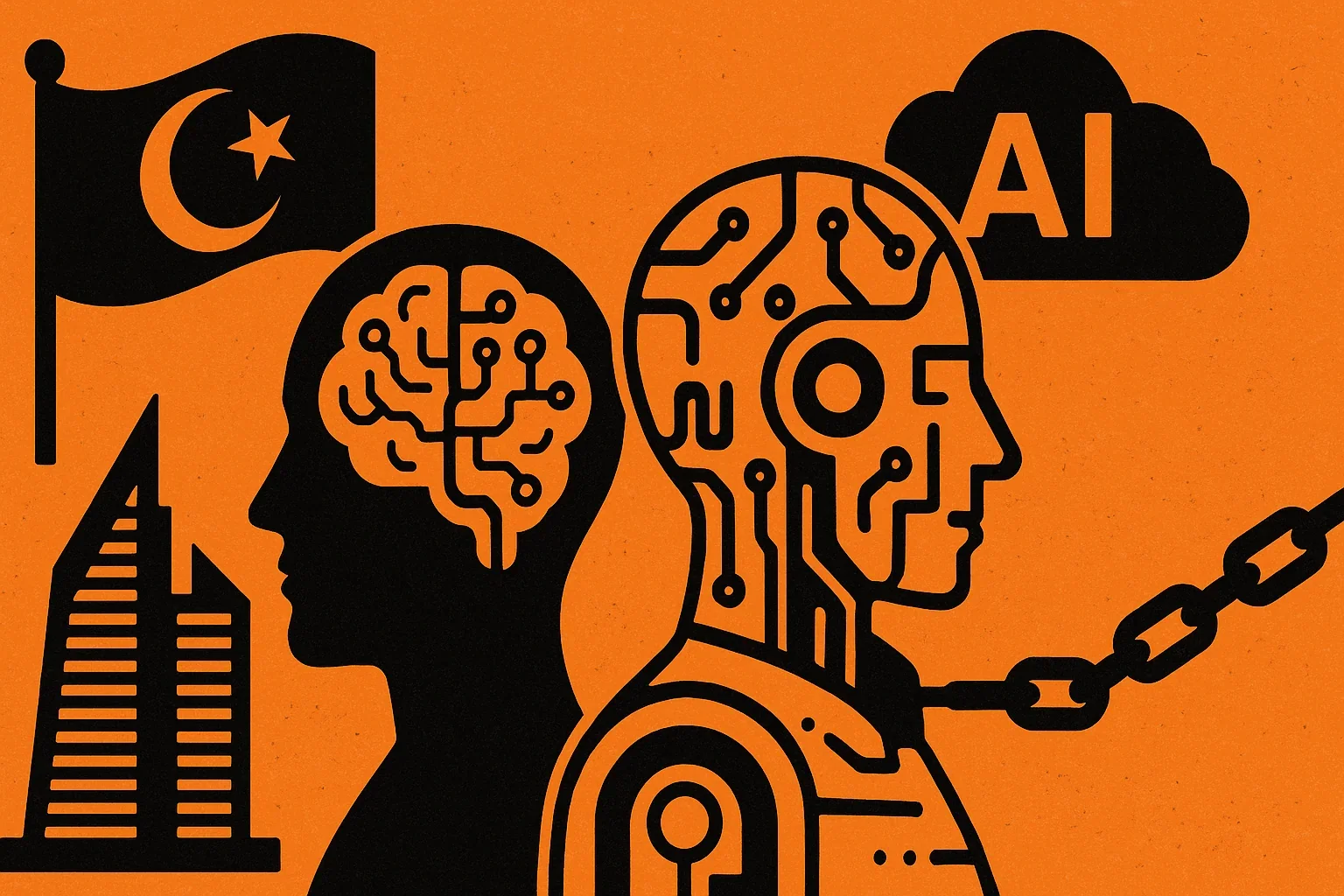Behind the ambitious slogans lies a gap between dream and reality. While governments aspire to build competitive digital economies, the numbers reveal that the region is still heavily dependent on foreign technology and lacks the scientific and research foundations necessary for technical independence
In education, the number of AI specialists in Saudi Arabia does not exceed 5,000, and in the UAE 7,000, compared to more than 40,000 in Germany. However, local training efforts remain limited and rely on external partnerships such as Egypt's agreement with IBM to train 100,000 young people within five years.
In terms of funding, the picture is no less difficult: R&D spending does not exceed 0.7% of Arab GDP compared to 2.6% globally. Most of the money goes to conferences and short-term commercial projects instead of funding research laboratories. The result: importing ready-made solutions instead of creating Arabic algorithms.
Despite 400 million Arabic speakers, global systems such as ChatGPT are only 42% accurate in Arabic, compared to 71% in English. This has prompted countries such as the UAE and Saudi Arabia to develop localized models such as Jais and Alam** to promote Arab cultural understanding, but they are still in their infancy.
The great irony is that the region has "data oil" but has not succeeded in refining it. Most government data is closed or inaccessible, although Saudi Arabia has improved to ninth place in the G20 in the Open Data Index. Without a clear organizational structure to share data safely, innovation will remain hostage to bureaucratic barriers.
Economically, the rentier structure still dominates; energy accounts for 32% of GCC output, while technology contributes only 10%. Most AI projects focus on consumption rather than production, and the region realizes less than 2% of the global AI gains expected by 2030.
As of 2025, most Arab countries have not adopted binding legislation governing the use of AI, only guiding principles. The "Arab AI Model Law" is still in the process of consultations.
The biggest challenge is geopolitical: whoever owns the servers owns the decision. Between U.S. and Chinese influence, countries in the region seek to balance through dual partnerships-such as the UAE's collaboration with both OpenAI and Huawei-but remain caught in the great race for data and digital sovereignty.
Despite these challenges, there is hope. New Arab initiatives toward "sovereign AI" herald the beginning of a shift. Combined with open infrastructure, applied education, and good legislation, the region can move from importing algorithms to manufacturing them.
To view the video and read the full analytical paper, please scroll down. 📖

Comments